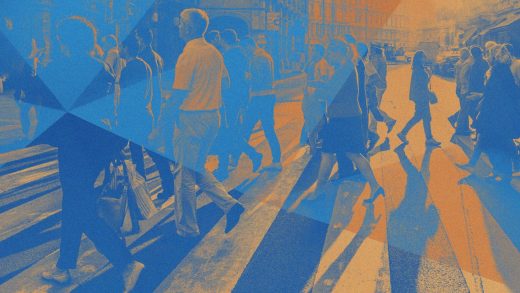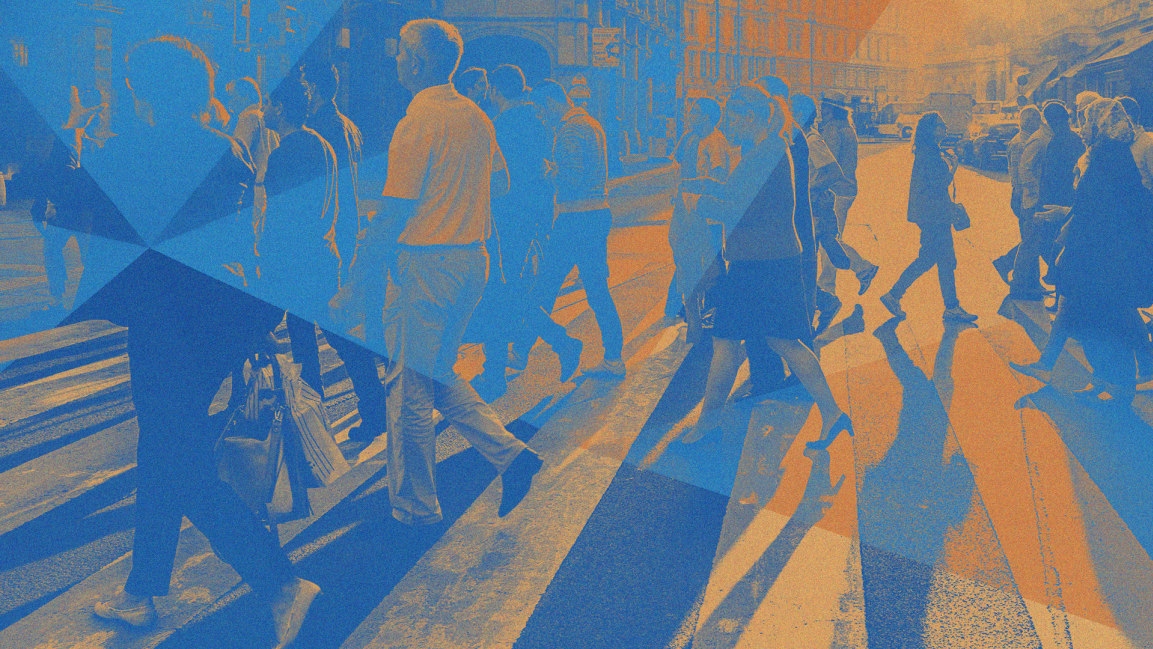A mass study of 189 face-recognition algorithms found widespread racial bias
A new study from the National Institute of Standards and Technology confirmed what other research has previously shown: Many facial recognition algorithms perform better on white people than on people of color.
“While it is usually incorrect to make statements across algorithms, we found empirical evidence for the existence of demographic differentials in the majority of the face recognition algorithms we studied,” said Patrick Grother, a NIST computer scientist and the report’s primary author, in a statement. “While we do not explore what might cause these differentials, this data will be valuable to policymakers, developers, and end users in thinking about the limitations and appropriate use of these algorithms.”
The study looked at 189 algorithms from 99 different developers, which the agency says is the majority of the facial recognition industry. It looked at one-to-one matching algorithms, which tell whether two faces are the same, such as for checking ID or unlocking a phone, and one-to-many algorithms, which see if one face is contained within another set, such as for a mugshot search.
For the one-to-one matches, the study found higher rates of false positive matches for Asian and African American faces versus white faces. In some cases, accuracy was up to 100 times better for white people. The false positives could be a security risk—for instance, by allowing people access to other people’s devices based on a mistaken match—the authors say.
U.S. algorithms saw similar rates of false one-to-one matches for African American, Asian, and indigenous groups, while algorithms in Asia performed comparatively well on Asian people, the researchers found.
“These results are an encouraging sign that more diverse training data may produce more equitable outcomes, should it be possible for developers to use such data,” Grother said in his statement.
For one-to-many matches, they saw higher rates of false matches for African American female faces on a test database of 1.6 million mugshots, which could lead to bad consequences for anyone falsely matched to a suspect or criminal.
“In a one-to-one search, a false negative might be merely an inconvenience—you can’t get into your phone, but the issue can usually be remediated by a second attempt,” Grother said in his statement. “But a false positive in a one-to-many search puts an incorrect match on a list of candidates that warrant further scrutiny.”
Jay Stanley, a senior policy analyst for the ACLU, said in a statement that the study is another sign that governments should not be employing this technology. “Even government scientists are now confirming that this surveillance technology is flawed and biased,” he said. “One false match can lead to missed flights, lengthy interrogations, watchlist placements, tense police encounters, false arrests, or worse.”
(17)



